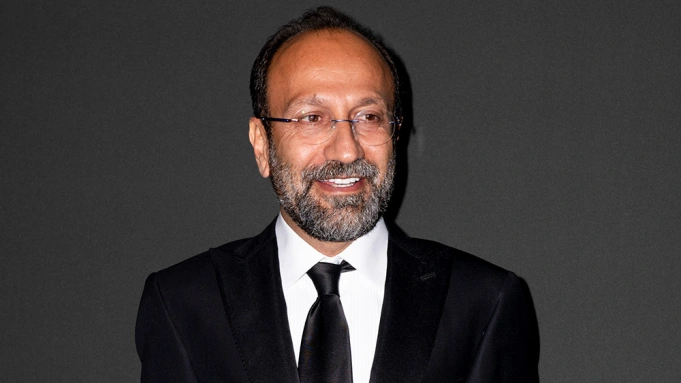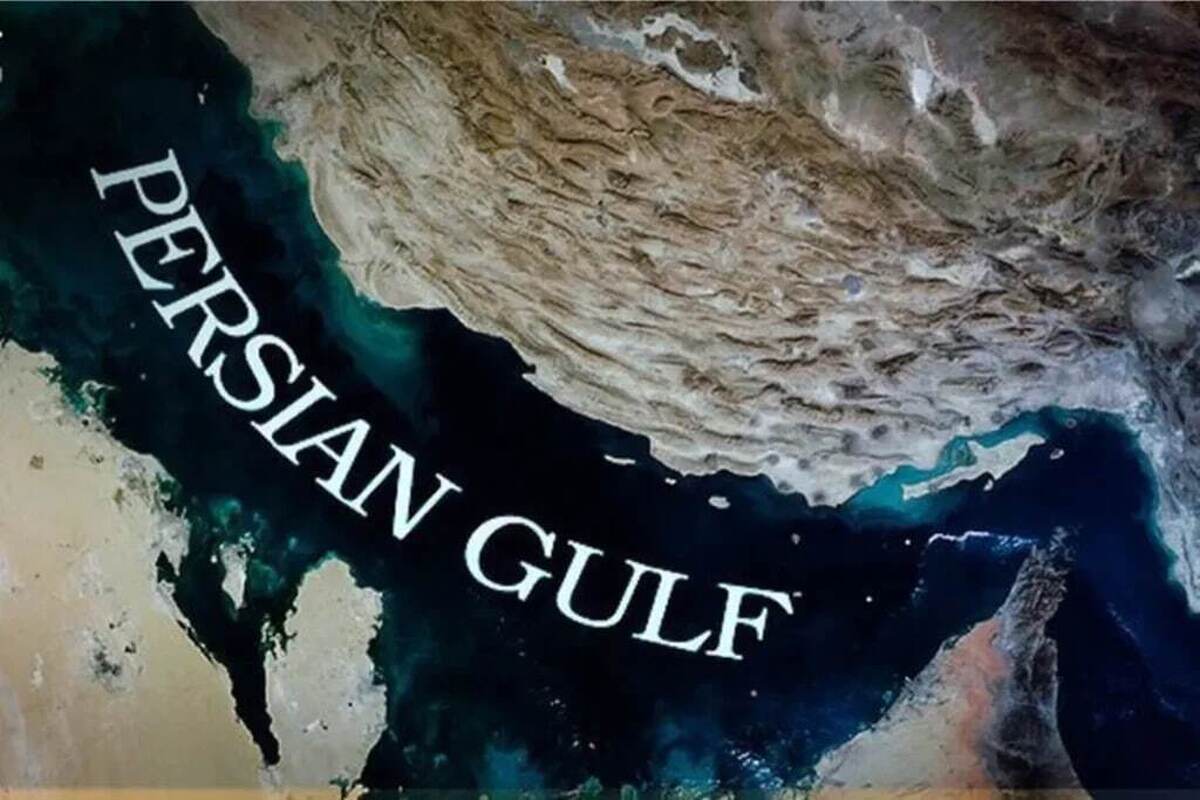
Asghar Farhadi Talks Uprising in Iran: ‘The Result Will Be Rewarding’
Two-time Oscar winner Asghar Farhadi, Iran’s best-known director, was at the Zurich Film Festival last September when protests following the death of Mahsa Amini erupted in his home country.
Since then, the auteur of “A Separation,” “The Salesman” and “A Hero” has not returned to Iran. He’s been working on a new film in Los Angeles and Europe. Interestingly, he says he plans to go back to his country before he shoots this film, even though he is not 100% sure they will let him out again. It’s clearly a risk that the enigmatic Farhadi is willing to take.
Farhadi was in Turin on Monday to give a masterclass at Italy’s National Museum of Cinema, where he also received a lifetime achievement award. In a rare interview, he took questions via e-mail from Variety.
Q- Where are you living these days? I read that you are working on your next movie in Los Angeles. Can you confirm?
A- These days, I’m frequently traveling between Europe and the U.S. I’ve been busy with research and writing a script since last year, which I will continue to do for a few months. It is still too soon to announce the details of the project. The only thing I can say is I spend all my time writing.
Q- Have you relocated to the U.S.?
A- I’m in the U.S. for my new project, which doesn’t mean I’ve moved there. Like [with] other films I have made in France [“The Past”] and Spain [“Everybody Knows”], I spent some time in those countries for the sake of the projects.
Q- You have made several very outspoken statements against the Iranian government and the brutality with which it is punishing expressions of dissent. Do you have anything to add to those statements in the wake of the alleged poisoning of schoolgirls and cameras being put in public places to identify women not wearing a hijab?
A- What I can add to what I have already said is: The situation will not return to how it was before. And that there is great hope in what happened. And I believe in this extraordinary uprising that occurred in Iran in the last few months. Because, at its core, there is a tremendous humane and legitimate desire.
Q- Do you think your outcry against police brutality in Iran and that of thousands, if not millions, of other protesters is being heard?
A- I believe that people, especially the new generation, are extremely powerful. They know what their goal is and exactly what they want. I find this uprising very promising, and I believe in it.
Q- Do you think Iran has now reached a turning point? Are the protests so strong that there is no turning back?
A- Nothing has stopped. Iranian people are continuing to pursue their rightful and legitimate demands, and it is their right. I don’t feel that this process has ever stopped. And I am sure this struggle will continue because it is a humane demand, and there is excellent solidarity around the issue. The result will be rewarding.
What I can say with certainty is that these voices were heard by people outside of Iran who followed the news and created solidarity between Iranians and non-Iranians outside of Iran and Iranians within the country, which is invaluable. It was the first time we could see this level of solidarity. Thus, it was very encouraging.
Q- I do not believe you have returned to Iran since your first public statement against the killing of Mahsa Amini. Would you like to return to your country?
A- The reason I was outside Iran during this time is because of a project that was planned in advance, and I am sure when the film’s script is finished and the research is done, I will return [to Iran] until the pre-production starts. Then I will go back to the film’s location, where it is going to be shot.
Q- Are you now banned from making movies in Iran?
A- I’m not officially aware of being banned from working in Iran, but I have heard it unofficially. Moreover, I know that I’m officially banned from trading. And again, unofficially, I have heard that I am banned from leaving Iran.



